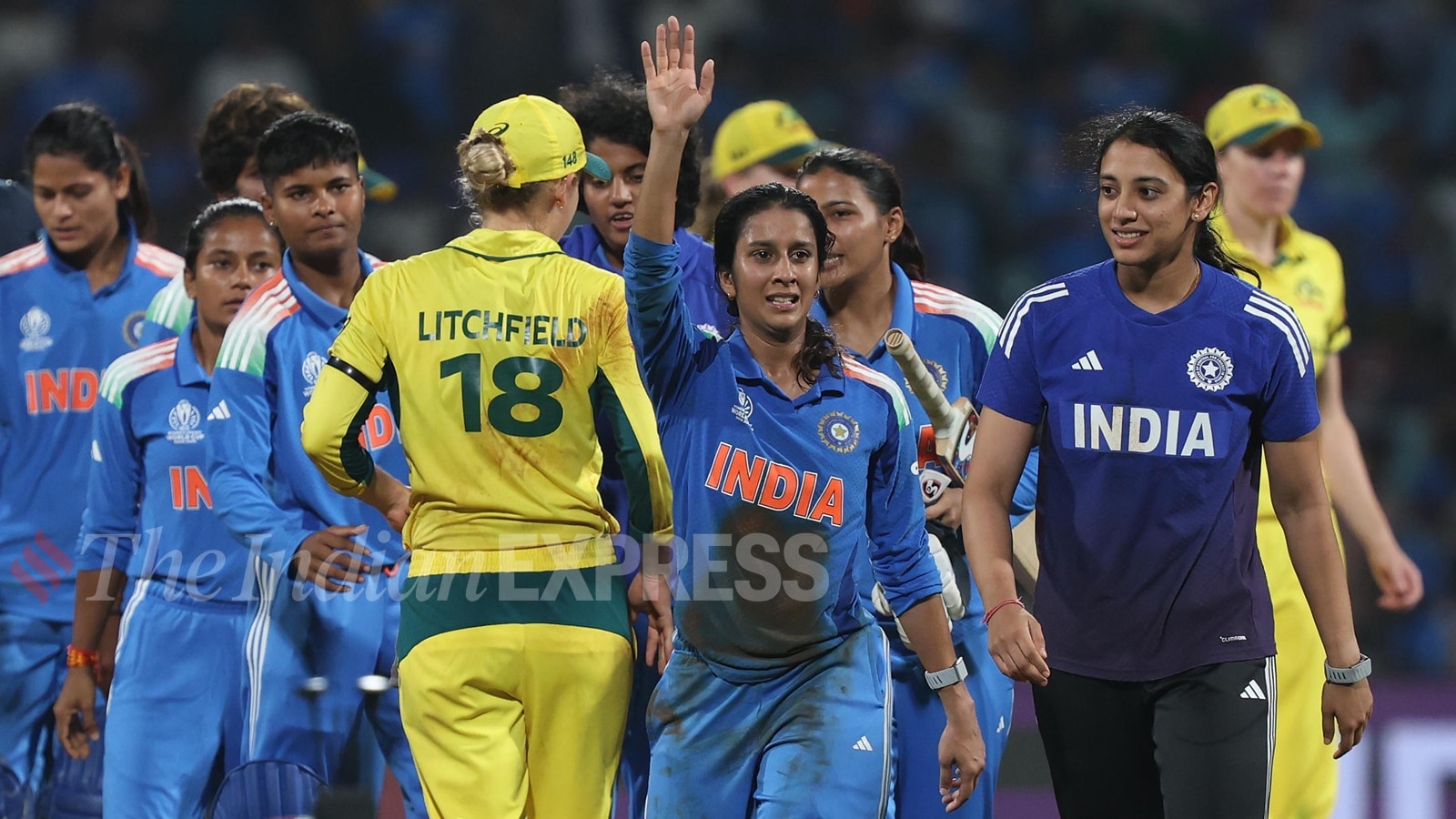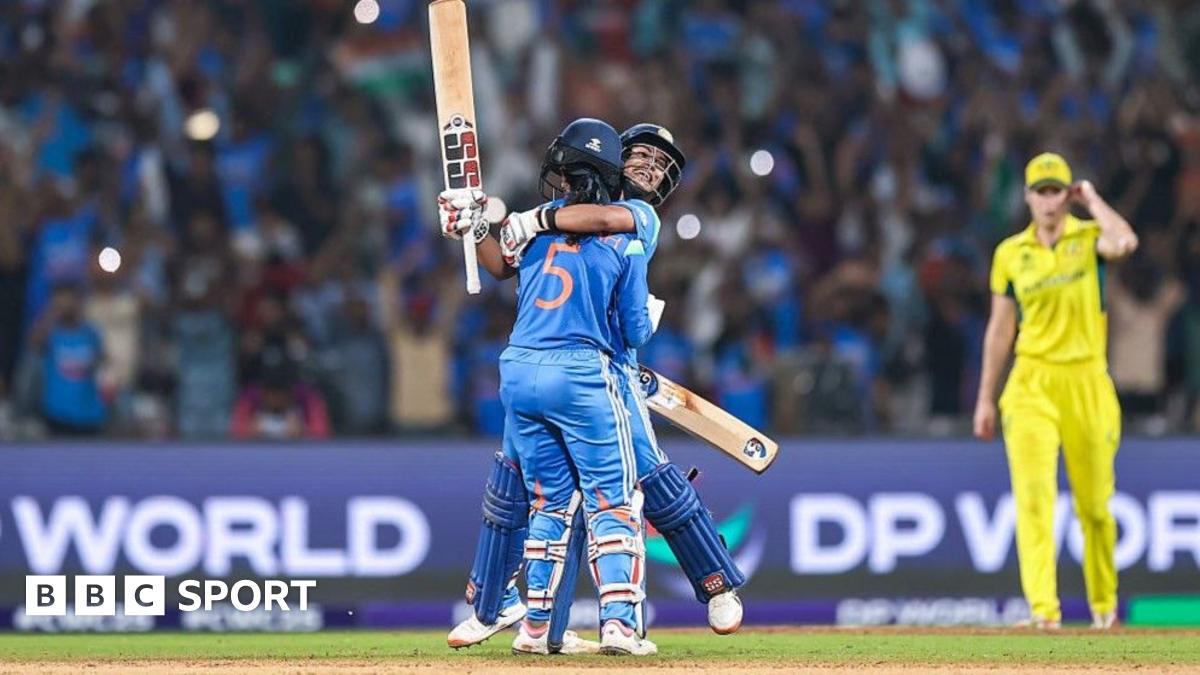Pakistan’s Captaincy Crisis: A Reminder of the Basics

DISCLAIMER: The views expressed in the article are of the author, Nabeel AdeelThe latest twist in Pakistan cricket is that Mohammad Rizwan has now been removed as captain of the One Day International (ODI) team. The question, of course, is why. And the answer goes deep into the chaotic and often farcical inner workings of the Pakistan Cricket Board (PCB), particularly under the influence of Selection Chairman Aaqib Javed and the current board leadership.Looking at pure numbers, Rizwan has been Pakistan’s best all-format player by some distance. There is no wicketkeeper-batsman in the world across formats today who averages over 40 in all three formats (Test average has now dropped to 39.98).Coming to his captaincy performance—whether it’s the Peshawar region team or the Multan Sultans—whenever he has been given the role and the basic authority that a captain deserves, he has delivered trophies consistently.Under his leadership, Multan Sultans won the 2021 Pakistan Super League (PSL) title and finished runners-up in 2022 and 2023. He has one of the best captaincy win percentages in PSL history, around 66%. Domestically, Rizwan captained Khyber Pakhtunkhwa in the Quaid-e-Azam Trophy and the National T20 Cup, winning back-to-back National T20 titles in 2020 and 2021, and was named Player of the Tournament in 2019–20.At the international level, his record has been solid, with recent blips mainly caused by him not getting any say whatsoever in the team he took to the field. He won a series in Australia—virtually single-handedly through astute captaincy—and followed it with success in South Africa.Yet, just before the Champions Trophy, Aaqib made the baffling decision that Khushdil Shah was a full-time spinner and concluded that on Dubai and Pakistan pitches, the team wouldn’t need any specialist spinners other than Abrar. That miscalculation cost Pakistan the tournament. But that was a pure selection committee decision, and the blame cannot rest with the captain in that situation.When the selection issue surfaced publicly after the Champions Trophy and during the New Zealand series, Rizwan himself stated that he had no say in selecting any players in the squad or the playing XI. The moment he said that, his days were numbered. Soon after, he was removed from T20 captaincy after just 4–5 matches and was handed an irrelevant format for the next 6–8 months.One can’t help but ask: if he was to be removed so quickly, why was he appointed captain in the first place? Now, with the World Cup not far away, the axe has fallen on Rizwan once again.The core issue here isn’t that Rizwan should be captain, but rather how the PCB and the selection committee can send a captain to the field without allowing him to take the team he wants. Until this core issue of allowing a captain to have his team is fixed, Pakistan will not succeed at the international level against big teams.There are also murmurs now about Rizwan’s religiosity being disliked by the PCB and maybe even Mike Hesson, but as always these are just rumors peddled by renowned peddlers. Religion is a personal matter, and the reason to make someone captain should be his ability, experience, and cricketing record—Rizwan checks those boxes. If the authorities had an issue with his religious inclinations, they could have told him subtly to keep that to himself, and this could have been sorted easily.The underlying problem with Rizwan that the PCB seems to have is that he has never been a “yes man.” In Pakistan cricket today, it seems the only way to survive is to say “yes” to Aaqib and the chairman. But it seems like the Pakistan cricket think tanks in the PCB need to be reminded of a fundamental truth that has remained constant in cricket forever: the captain is the single most important individual in a cricketing setup.The captain makes the most critical on-field decisions. Even though coaching and data analysis have become far more intrusive, it is still the captain who makes those minute-to-minute tactical adjustments that determine the outcome of a match. Sending a captain onto the field without a say in team selection is like sending an army into battle without weapons.Conditions in cricket can change by the minute—rain can alter how the pitch plays, dew can change ground conditions, and opposition teams can throw unexpected challenges.To respond effectively, a captain must have the tools (players) he trusts. While a selection committee and coaching staff can support him, the captain is the architect of a cricket match. His vote must carry the greatest weight because he is the one who marshals the team and solves problems live on the field.The greatest captains in cricket history had control over team selection. MS Dhoni, Imran Khan, Sourav Ganguly, and Arjuna Ranatunga—three of them World Cup-winning leaders—were given the teams they wanted.While the modern game involves more data and specialized coaching, the fundamentals of winning remain unchanged. Data can inform decisions, but it cannot replace instinct and experience in clutch moments. That is where great captains deliver. Sarfaraz Ahmed was one such captain in recent history who won the Champions Trophy through logical and instinctive captaincy.Among the current Pakistan team, Rizwan has shown the temperament to be that kind of leader, especially with Multan Sultans and, to some extent, with Pakistan. Salman Agha also seems to have a good grasp of the game, but his performance in domestic tournaments as captain and batter, especially in T20 cricket has rightly raised some eyebrows.So, the PCB now must ask itself: what is the real goal? If it’s to keep “yes men” in charge and remain mediocre—losing to India consistently—then replacing Rizwan might help them achieve exactly that. But if the ambition is to win World Cups and beat top teams like India and Australia, then the most logical option was sto stick with Rizwan and give him a consistent run with ample power to make his decisions.If Rizwan was given a full World Cup cycle (18–24 months of captaincy) and failed to take the team deep into a tournament, then it would make sense to remove him—but not before he’s given a proper, fair chance.Coming to PCB administration, one of Pakistan cricket’s biggest problems is the chairman himself. While Mohsin Naqvi may mean well, he relies heavily on advisors—a group many describe as the “PCB mafia.” These individuals, including Aaqib, seem to push personal agendas, favor certain franchises, and resist anyone who challenges their poor decisions.According to ESPNCricinfo, the removal of Rizwan was a decision made at the top echelons of the PCB. If top-level individuals, including Aaqib Javed, are making these kinds of decisions, then Pakistan should be ready for one-sided defeats by India and other top teams consistently.Mohsin Naqvi doesn’t need to be a former cricketer to run the PCB, but the issue is that his advisors seem incompetent, and the inputs and actions they’ve pushed have made Pakistan cricket look like a comedy circus.So, on Mohsin Naqvi—either he needs to relinquish his role immediately and hand over the reins to a person who has the capability to make decisions on his own accord or appoint some competent advisors who help him run the PCB professionally, which might be a tall ask.International media, has found it laughable that a captain was changed in the middle of a series. It’s truly a shameful moment for the PCB because the removal of Rizwan makes no cricketing sense—and no reason has been provided.With every new appointment and abrupt, senseless removal, the team loses stability. Captains have no ownership of their sides when they’re not even allowed to choose their squads.Pakistan could easily take a cue from Australia, India, England, and New Zealand, where captains are chosen carefully and then backed for years. Instead, the PCB remains stuck in this endless cycle of short-sighted, politically driven captaincy shuffles that add no value.Looking at potential solutions, below is a Path Forward with a few key actions that could help Pakistan:As policy, give the captain full say in squad and team selection.Back the captain for at least one cycle (World Test Championship in case of Tests, 2027 ODI World Cup for ODIs and 2026 T20 World Cup for the T20 format)Involve the captain and the head coach in the selection process.Reduce the number of selectors (too many chefs spoil the broth).Appoint competent advisors who have experience in running cricketThe captain is the linchpin of any cricket team. If Pakistan wants to win—not just participate—it needs to empower its best leaders and make captaincy decisions based on proper domestic performances that show leadership qualities and tournament-winning credentials.About the Author: Nabeel AdeelNabeel has followed Pakistan cricket closely for over 30 years, has won multiple top-division league championships in the USA as a player and captain, played college cricket in Pakistan, has won state badminton championships in Pakistan and the US, and now serves as a university badminton coach at Swarthmore College in Philadelphia, USA.






.jpg)


.jpg)

